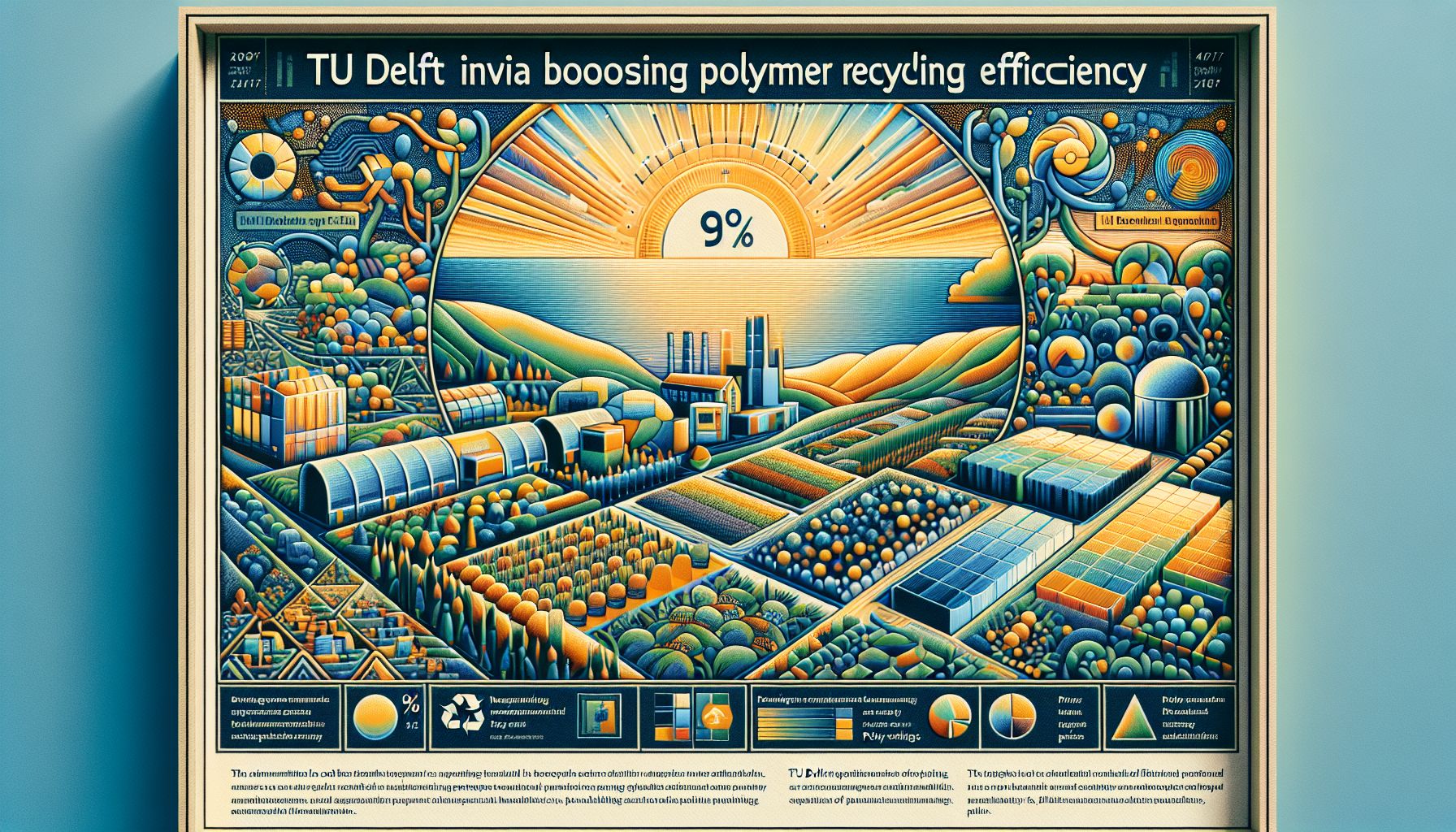TU Delft's AI Initiative Boosts Polymer Recycling Efficiency

Delft, Tuesday, 18 March 2025.
AI-driven research by TU Delft tackles polymer recyclability, targeting a significant increase from the current 9% recycling rate, promoting environmental sustainability through innovative technology.
Revolutionary AI Approach to Polymer Design
Associate Professor Sid Kumar at TU Delft is spearheading a groundbreaking initiative that leverages machine learning to revolutionize polymer recyclability. The challenge is immense, considering the vast molecular complexity involved - with up to 1018 possible combinations for just 20 atoms [1]. In collaboration with researchers from the University of Washington and Microsoft, Kumar’s team has developed an interpretable machine learning algorithm specifically designed to identify promising molecular candidates for self-healing polymers known as vitrimers [1].
Self-Healing Innovation
A key breakthrough in this research is the development of vitrimers - specialized polymers that can repair themselves when heated. This innovation holds particular promise for reducing the environmental impact of the 430 million tons of plastic produced annually [1]. The technology has already demonstrated practical applications, including incorporation into recyclable circuit boards, marking a significant advancement in sustainable materials engineering [1].
Multi-Institution Collaboration
The research benefits from a robust international collaboration network. Teams from TU Delft are working alongside counterparts at the University of Gothenburg and Chalmers University of Technology to develop advanced modeling techniques [2]. This collaborative effort has resulted in the creation of a Hierarchical Physically Recurrent Neural Network (HPRNN), which enhances the understanding and prediction of polymer behavior under various conditions [2].
Future Implications and Industrial Applications
Kumar emphasizes the practical nature of their approach, stating that ‘AI shouldn’t be a black box’ [1]. The team is extending their research beyond polymers, applying machine learning techniques to optimize processing conditions for metals, further expanding the potential impact on industrial sustainability [1]. The technology shows promise in addressing the current low recycling rate of 9%, though specific improvement targets remain [alert! ‘future performance metrics not specified in sources’] [1].

